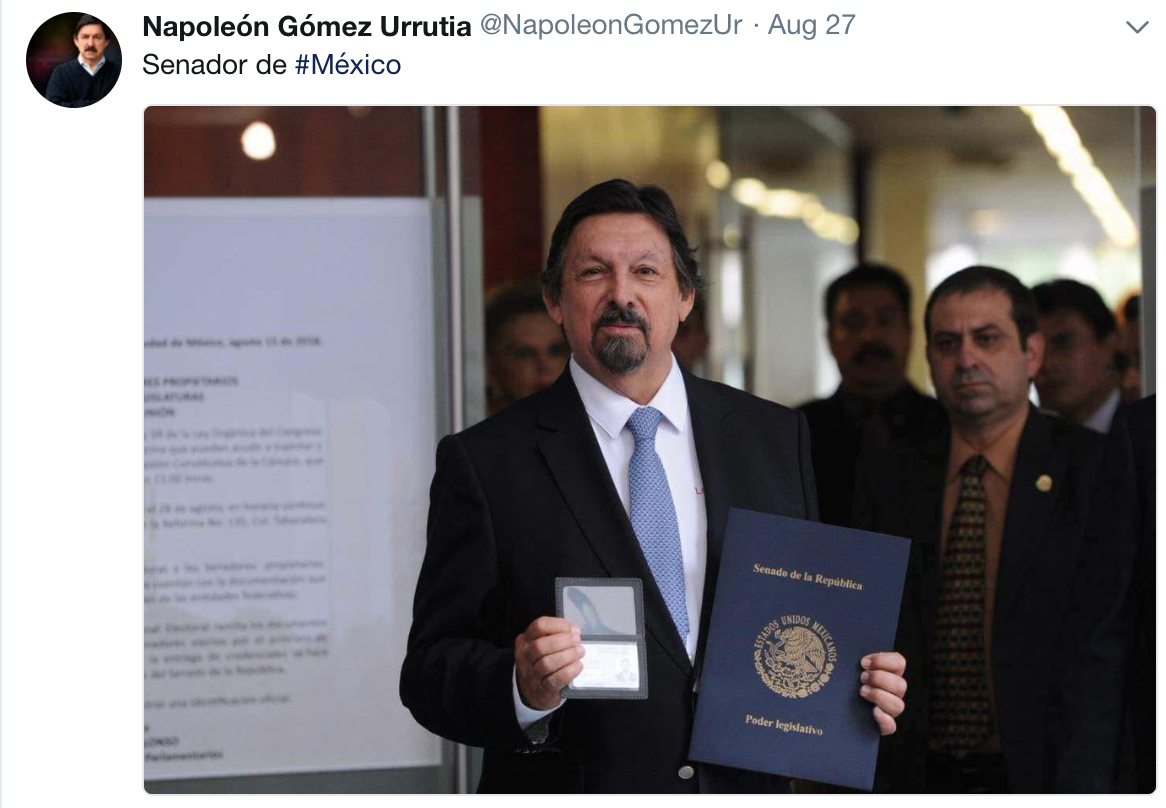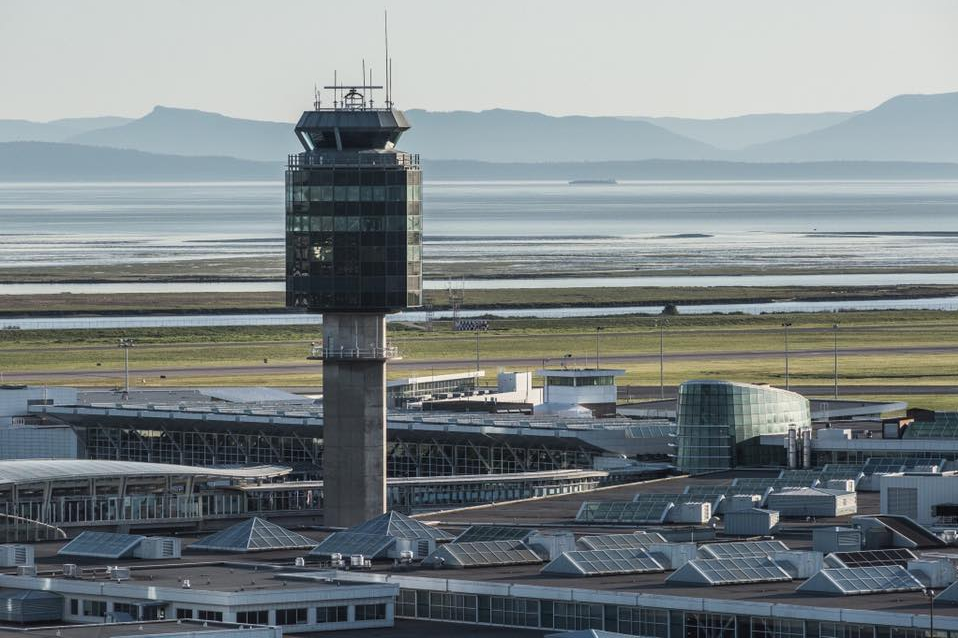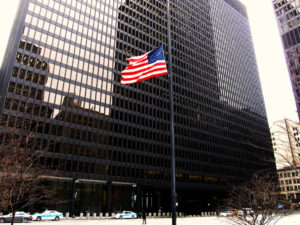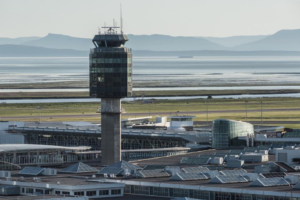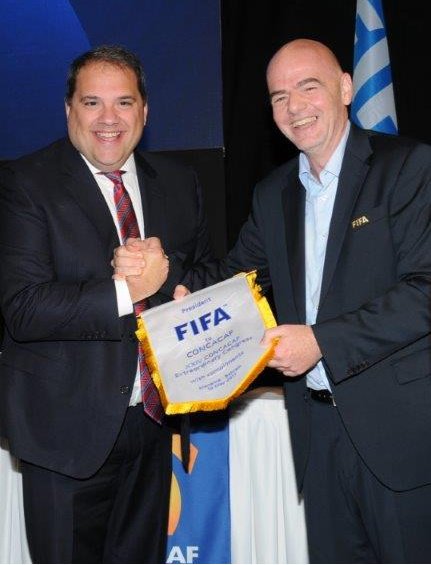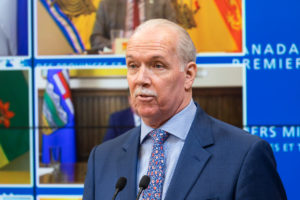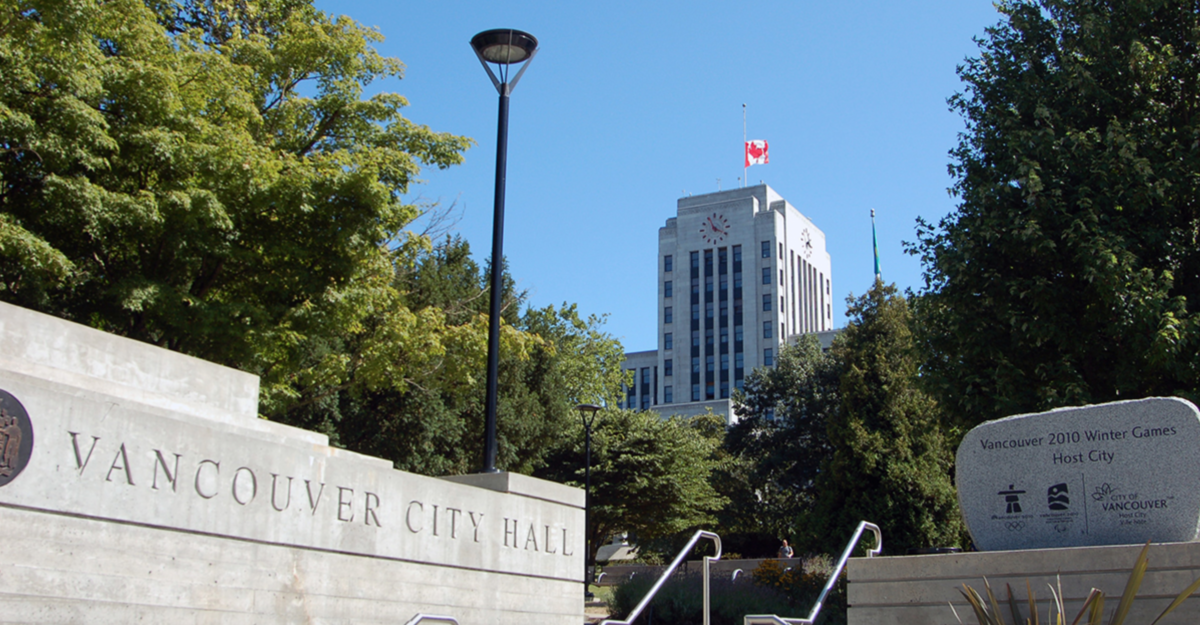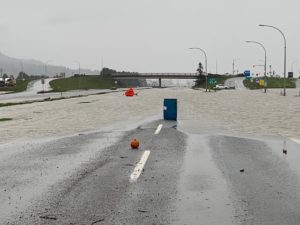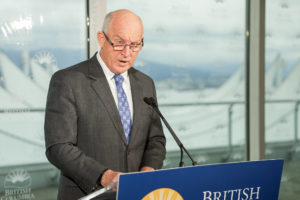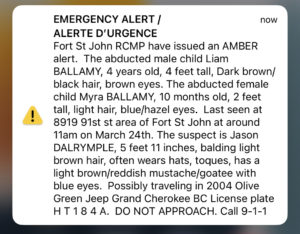More proof Mexican senator kept Canadian citizenship
Bob Mackin
Mexican media is abuzz about the citizenship of the mining union leader who lived 12 years in exile in the Lower Mainland before going home to become a senator.
Napoleon Gomez Urrutia fled north in 2006 and became a Canadian in 2014. In February 2018, he was nominated to the senate and returned to Mexico for his August 2018 swearing-in. Senators in Mexico must be Mexican-born and have no other citizenship.
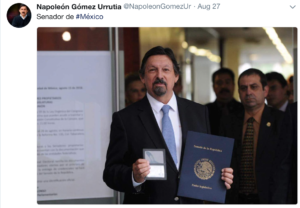
Napoleon Gomez Urrutia: Out of Canadian exile and into the Mexican senate, thanks to proportional representation.
According to a translation of a March 31 Reforma news agency story in El Diario, Gomez “did not carry out any kind of procedure in Canada to renounce the citizenship of that country.”
The story quoted Gomez’s March 4, 2021, testimony to the 14th District Court on Administrative Matters: “I renounced any foreign nationality before the authorities that I consider to be competent, which in the case are the Mexican ones, not the Canadian ones […] it was not necessary to carry out procedures in Canada.”
To renounce Canadian citizenship, a person must deal directly with Canadian officials. Immigration, Refugees and Citizenship Canada requires a $100 payment and completed application with proof one is or will become a citizen of a country other than Canada, will not live in Canada, be at least 18 years old and is not a security threat. The application form is available online and, for those not living in Canada or the U.S., must be submitted to a Canadian embassy, high commission or consulate.
An email query to Gomez’s office did not elicit a reply before deadline.
Questions about Gomez’s citizenship status erupted more than two years ago after he was photographed at Vancouver International Airport. Gomez and his wife, Oralia Casso, flew first class on a Jan. 2, 2020, Aeromexico flight from Mexico City to Vancouver and presented dark blue-covered Canadian passports. Mexico’s are dark green.

Napoleon Gomez Urrutia at a Whitecaps FC match in B.C. Place Stadium (Facebook)
Gomez was head of the National Union of Mine, Metal, Steel and Allied Workers of the Mexican Republic, better known as Los Mineros, when he fled with his family to Vancouver in 2006. He blamed mining company Grupo Mexico and the Mexican government for “industrial homicide” after an explosion at a coal mine earlier that year in Coahuila killed 65 workers. He was charged for allegedly embezzling USD$55 million from a union trust fund that had been dissolved in 2005. Gomez denied the allegations. In 2014, a Mexican appeal court deemed the charges unconstitutional and cancelled an arrest warrant.
Gomez continued to run Los Mineros from afar and enjoyed the support of Unifor and the United Steelworkers. Elections BC’s database shows he made seven donations to the BC NDP, from 2009 to 2017, totalling $2,680. Oxford-educated Gomez succeeded his father as the union’s leader in 2000, but never worked in a mine.
In 2018, Gomez triumphantly returned to Mexico when he was appointed a senator under that country’s mixed member proportional representation system after the election of new president Andres Manuel Lopez Obrador. At the time, Gomez claimed he had renounced his Canadian citizenship. When he started his six-year term, Gomez said he wanted to reconstruct Mexico and fight corruption.
Support theBreaker.news for as low as $2 a month on Patreon. Find out how. Click here.
Bob Mackin Mexican media is abuzz about the






